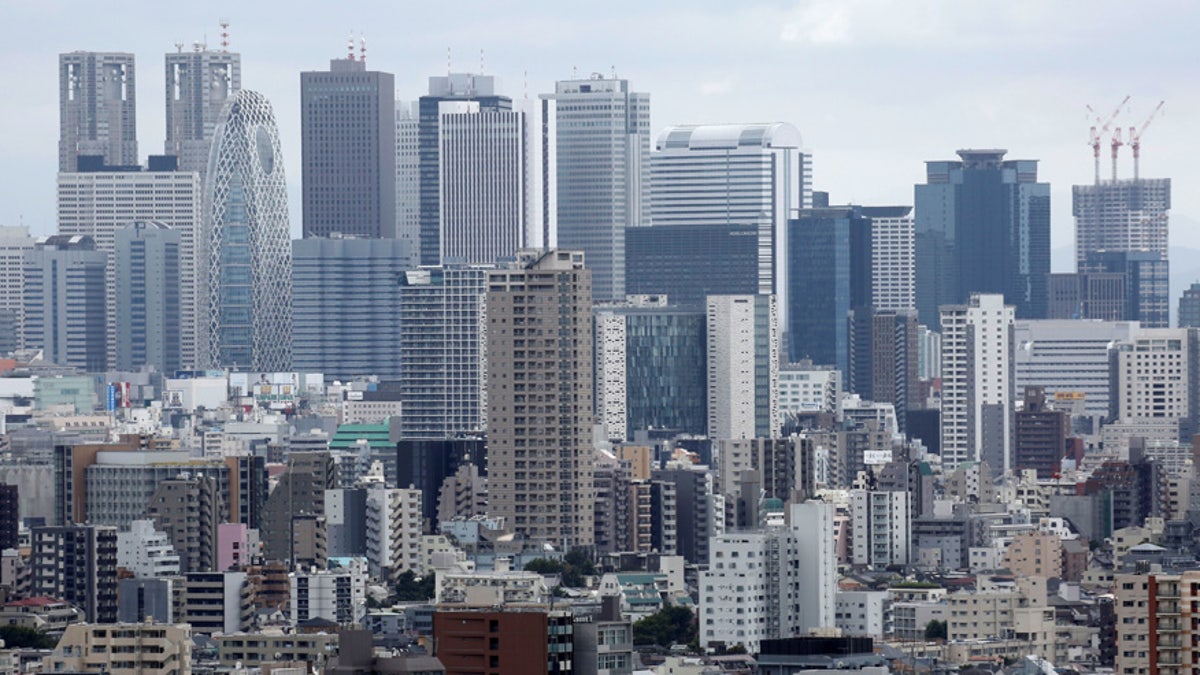Tokyo unveils egg-freezing fund for women, fears historic low birth rate has Japan 'on the brink' of crisis
Japan has grappled with its declining birth rate for almost a decade, culminating in the lowest on record since the country started keeping records in 1899.

Tokyo will start to subsidize egg freezing for women residents in a bid to reverse a catastrophically low birth rate in Japan.
"We recognize that the falling birthrate is a critical situation," said Yoshihiko Isozaki, a deputy chief cabinet secretary, in a briefing Tuesday. "My understanding is that various factors are intricately intertwined, preventing individuals from realizing their hopes for marriage, childbirth and child-rearing."
The new policy will provide up to 300,000 yen (roughly $2,200) per person to as many as 300 Tokyo residents per year, potentially starting in 2023, The Asahi Shimbun reported.
The funds are part of an overall 100 million yen (roughly $733,000) budget that also includes a survey to assess demand ahead of a formal launch in 2024.
"There are many employees who are torn apart between career-building and the timing for getting pregnant and having a baby," a representative from Tokyo-based cosmetic maker Pola, who started funding an egg-freezing program for employees in 2022, said, adding that such programs can provide "a sense of relief."
Japan first raised alarms in 2016 after a census found that the country’s population shrank by almost one million people over the previous five-year period. Local governments launched a number of initiatives, including plans to subsidize procedures to freeze eggs, but the effort seemed to make a small dent as the population continued to decline.
The country reached a population high of 128.1 million in 2008, but that number had dropped to 125.7 million by 2021, according to data from The World Bank.
That includes the lowest number of newborns on record in Japan since the country first started keeping records in 1899, the Japanese health ministry announced Tuesday.
Births hit 799,728 in 2022, down by 5.1% from 2021, with deaths rising by 8.9% to 1.58 million for the same period, Japan Times reported.
In a speech at the opening of the 2023 session of Japan’s parliament, Japan’s Prime Minister Fumio Kishida said that the country was "on the brink of not being able to maintain social functions" due to the population crisis, the Asia Times reported.
Kishida has made support for children and families a priority, with plans to announce additional child-rearing policies by June and potentially doubling the budget allocation to fund them.
The government has already allocated around $35.2 billion from the 2023 budget to tackle the issue.






















